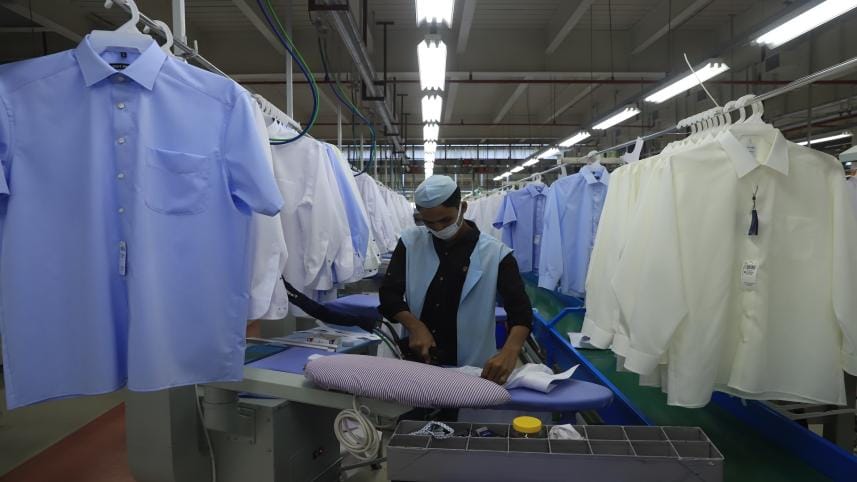Bangladesh has potential to lead in sustainable practices with circular economy model, says ICCB

Bangladesh holds immense potential to spearhead sustainable fashion through the adoption of circular economy practices -- a model to keep materials and products in use for as long as possible and to eliminate waste and pollution, according to the International Chamber of Commerce-Bangladesh (ICCB).
By recycling fabric waste and fostering second-hand clothing markets, the textile industry can reduce its environmental impact while boosting profitability, ICCB said in its Quarterly News Bulletin.
The report highlighted the opportunities in converting agricultural waste, such as rice husks and jute byproducts, into bioenergy and organic fertilisers, thereby promoting sustainable farming practices.
Bangladesh produces an estimated 3,000 tonnes of plastic waste daily, with only 30 percent being recycled. Coupled with inadequate handling of electronic and agricultural waste, environmental degradation remains a pressing concern.
Investing in recycling infrastructure and waste-to-energy initiatives could mitigate these issues while generating significant economic returns, the report said.
The circular economy model, centered on eliminating waste, prolonging product life cycles, and regenerating natural systems, offers a pathway to sustainable growth.
This approach reduces greenhouse gas emissions, curtails pollution, and creates economic opportunities, the ICCB noted.



 For all latest news, follow The Daily Star's Google News channel.
For all latest news, follow The Daily Star's Google News channel.
Comments